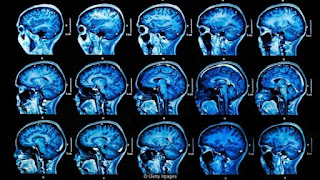Rethinking Alzheimer's disease therapeutic targets using gene-based tests
Alzheimer's disease (AD) is a devastating condition with no
known cure. Existing drugs only alleviate symptoms. Given repeated and costly
drug failures, CUNY SPH Professor Mary Schooling and colleagues assessed
systematically whether approved and investigational AD drugs are targeting
products of genes strongly associated with AD and whether these genes are
targeted by existing drugs for other indications which could be re-purposed.
Schooling and her team identified genes strongly associated
with late-onset AD from the loci of genetic variants associated with AD at
genome-wide-significance and from a gene-based test applied to the most
extensively genotyped late-onset AD case (n = 17,008)-control (n = 37,154)
study, the International Genomics of Alzheimer's Project. They used three
gene-to-drug cross-references, Kyoto Encyclopedia of Genes and Genomes,
Drugbank and Drug Repurposing Hub, to identify genetically validated targets of
AD drugs and any existing drugs or nutraceuticals targeting products of the
genes strongly associated with late-onset AD.
A total of 67 autosomal genes were identified as strongly
associated with late-onset AD. Existing approved or investigational AD drugs
did not target products of any of these 67 genes. Drugs for other indications
targeted 11 of these genes, including immunosuppressive disease-modifying
anti-rheumatic drugs targeting PTK2B gene products.
The researchers found that approved and investigational AD
drugs are not targeting products of genes strongly associated with late-onset
AD. However, other drugs targeting products of these genes exist and could
perhaps be re-purposing to combat late-onset AD after further scrutiny.
"This study shows the value of systematically searching
bioinformatics resources to discover new leads concerning the prevention or
treatment of complex diseases," Schooling says.




Comments
Post a Comment